Capacity and Capability
Capacity and Capability are both crucial for Internationalization. In the world of business, capacity, and capability are two critical concepts that are often used interchangeably. However, despite their apparent similarities, these two terms have distinct meanings and implications for companies seeking to expand internationally.
In this article, “Capacity and Capability” might be initially confusing, but these two words are closely related in terms of their relevance to business goals. To succeed in international expansion efforts, organizations must have a clear understanding of both capacity and capability so they can maintain progress and realize their full potential in the market.
We have put together a comprehensive list of ways to gain a better understanding of the concepts of capacity and capability in the realm of international business. If you are considering working with Rainmaker, a consulting firm that boasts of an internationally diverse and dependable workforce, you can rest assured that our work model is based on a formula that values productivity, experience, and tangible results, all of which are aligned with our capacity to deliver high-quality work.
1. What are Capacity and Capability in Internationalization?
It’s essential to understand the difference between capacity and capability in an organization’s internationalization efforts. Capacity refers to the ability to allocate resources, while capability refers to the ability to use those resources effectively. This means that an organization may have the resources to expand internationally, but without the capability to use them effectively, it may not succeed.
Understanding the nuances of these two concepts is crucial for any organization looking to expand its reach beyond its home market. Both capacity and capability are vital for a company’s growth and success. Maintaining a balance between the two is essential for companies to realize their full potential.
2. Why are Capacity and Capability development crucial for internationalization?
As we discussed earlier, capacity and capability are two concepts that are often confused, yet they play an equally important role in the process of internationalization. Capacity refers to the company’s resources, while capability refers to its operational skills. Both are essential, and one cannot function without the other.
A company needs both capacity and capability to expand into international markets successfully. Without enough resources, a company may not be able to enter foreign markets effectively. Similarly, without the necessary skills and expertise, it may struggle to navigate the complexities of operating in a foreign market.
3. What aspects of a company’s Capacity and Capability are most relevant for internationalization?
Understanding the range of what your company can and cannot do is just as critical as avoiding unpredictable risks. When it comes to international expansion, capacity means having enough financial, technological, and human resources to carry out plans successfully. For instance, a company must have sufficient financial resources to invest in new markets, establish new branches, and recruit local staff.
Capability, on the other hand, refers to the company’s ability to effectively use these resources and handle the intricacies of international markets. This involves possessing the right knowledge and experience to navigate cultural differences, legal and regulatory frameworks, and supply chain obstacles. It also necessitates the ability to adjust to new market circumstances, identify opportunities, and make strategic decisions that align with the company’s objectives.
READ MORE RAINMAKER CONSULTING BLOGS: Rainmaker Consulting: Building an Internationalization Workforce for Established Businesses
4. How can companies develop the Capacity and Capability needed for internationalization?
To achieve successful internationalization, companies must learn how to develop capacity and capability effectively. Capacity involves establishing new distribution networks, hiring new employees, or investing in new technology to support its operations. On the other hand, developing capability involves building the skills and knowledge of employees to manage and operate in international markets effectively. Therefore, companies must ensure that they have the right people, processes, and systems in place to support their internationalization goals. By doing so, they can maximize their chances of success and compete effectively in the international marketplace.
5. How can we measure a company’s Capacity and Capability for successful internationalization?
When a company plans to expand internationally, it is important to assess both its capacity and capability for internationalization. Capacity refers to the company’s available resources that can be utilized for international expansion, such as financial resources, human resources, technology, and infrastructure. Capability, on the other hand, refers to the potential of these resources to successfully execute internationalization strategies. By examining both capacity and capability, a company can determine whether it is ready to expand internationally and what steps it needs to take to ensure a successful expansion.
Capacity and Capability go hand in hand!
Rainmaker Consulting can provide the necessary resources and capacitate your approaches to help you achieve your goals. Our step-by-step approach can help you build a strong, well-prepared international workforce to thrive in today’s interconnected business environment. Let us help you unlock your business’s full potential and take it to new heights by understanding the capacity and capability of your company to expand internationally.
Are you seeking an opportunity to internationalize in the UK, USA, and Canada?
These are important guide factors for your company’s international expansion. By thoroughly grasping the factors above and incorporating thorough research, you can strategically position your business, enabling it to capitalize on the opportunities in the United Kingdom, the United States of America, and Canada.
A significant part of expanding internationally involves learning to assist the readiness of your company to dive into a new environment that has different norms, cultures, laws, and languages. This requires internal and external assessment of your company to be aware of the strengths and weaknesses, negotiation tactics that you utilize in the target area, the market that you offer, the team that you need to employ in the marketplace, and the learning capabilities of your company to adapt to the dynamic change in customers’ preferences and needs.
Helping Businesses Internationalize
Are you prepared to take your company internationally? Rainmaker is on a mission to promote international company success and economic growth. We empower businesses to seize international opportunities, navigate complex markets, and achieve sustainable growth through our international business ecosystem and international governmental partners.
Our focus on getting businesses into the UK, USA, and Canada allows us to create a synergistic, comprehensive network of opportunities.
Are you looking for a strategic partner? Don’t hesitate to connect with Rainmaker by scheduling a call with us by clicking right here or email us at info@rainmaker-gbd.com.









